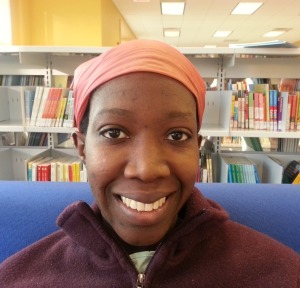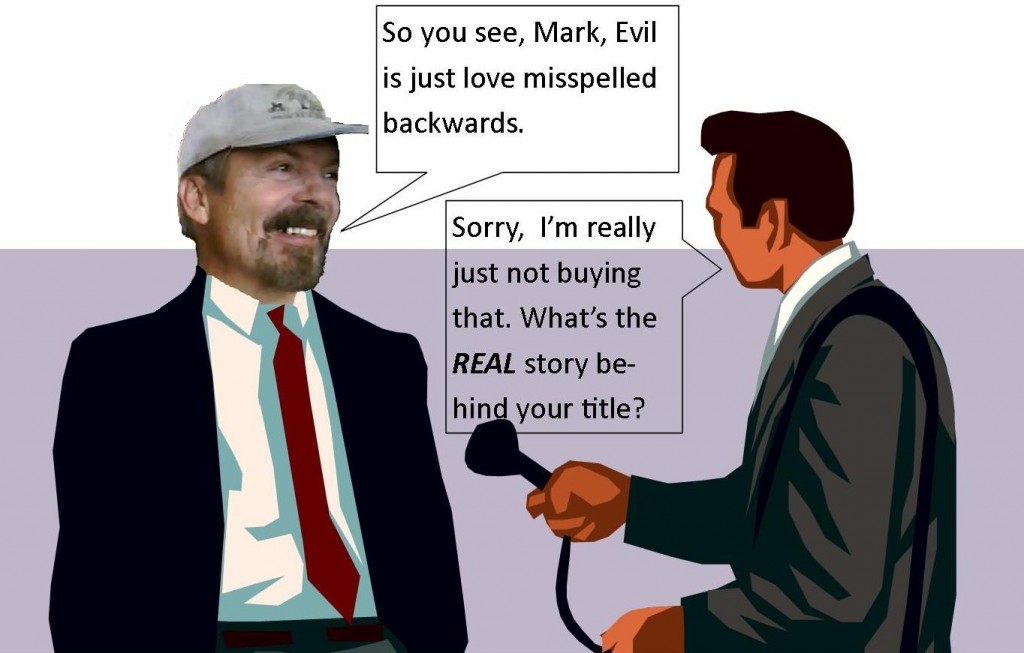 Hello. I’m so glad to be joining the IU team.
Hello. I’m so glad to be joining the IU team.
I first stumbled upon IU early last year when I decided to self publish my novel. I came from a career as a journalist, so the idea of publishing words–or even seeing my name in print– was not foreign. However, publishing a novel is different from writing for a daily, and not necessarily intuitive. In my quest for some practical answers, I found Indies Unlimited.
There were wonderful posts about simple things that I had no idea were important, like creating an Author Central page and linking all your books to it. I especially loved finding out about different sites like LibraryThing, and learning how to make a video trailer. There’s always a wealth of information. Continue reading “RJ Crayton: Excited to Join IU”


